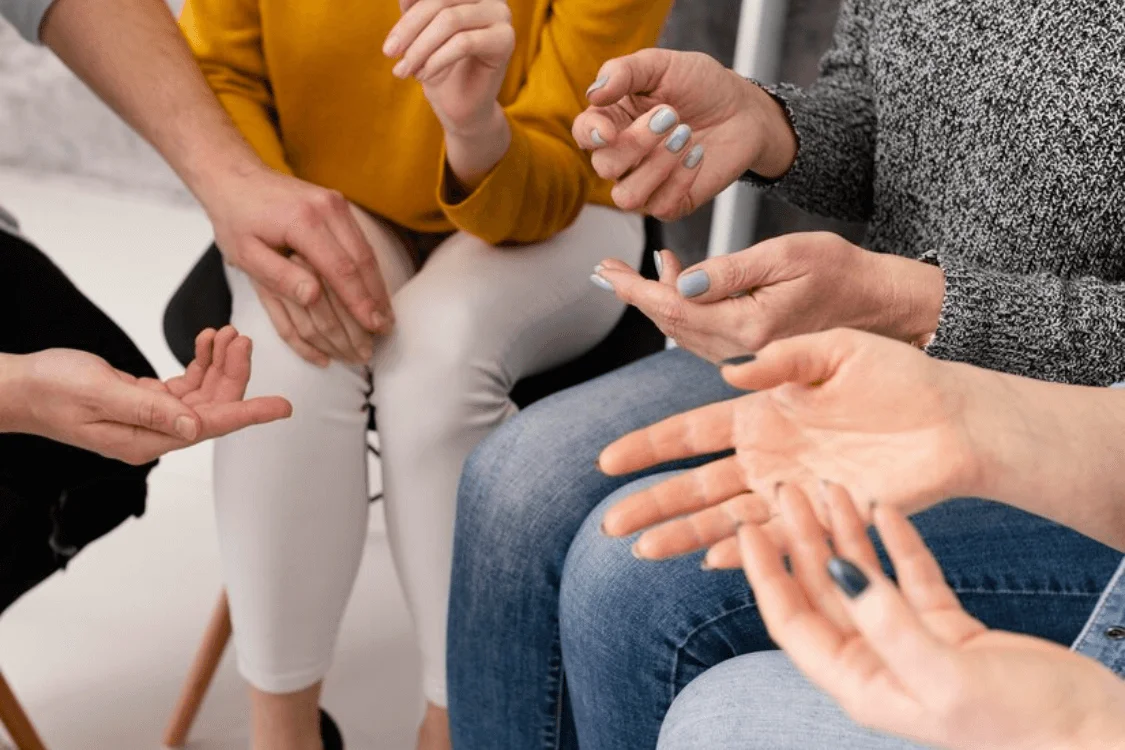
Aftercare Treatment
Twilight Recovery is an exclusive addiction rehab facility located in Mexico, just a short distance away from San Diego. Our facility provides tailored programs led by experienced professionals, aiming to assist addicts in attaining and maintaining lasting recovery from addiction.
What is Aftercare in Addiction Recovery?
For many addicts, a key part of recovery from drug and alcohol addiction is going to an inpatient rehab. There, they will live in a facility for an extended duration, anywhere between a few weeks to a few months. While in inpatient care, also known as residential treatment, they will be in a structured environment that is free from any of the things that might trigger their cravings and cause a relapse.
However, the battle against substance abuse does not end with an inpatient treatment program. For many addicts, recovery will be a lifelong process, and they’ll continue to struggle with their sobriety. As such, many addicts will need continued support after completing inpatient addiction treatment.
Aftercare in addiction recovery is the ongoing support to help recovering addicts maintain their sobriety and prevent relapse after completing a treatment program. It includes a range of services, therapies, and resources designed to address the physical, emotional, and social aspects of substance abuse and struggling with alcohol and drug abuse.

How Important Is an Aftercare Plan in Supporting Recovery

An aftercare program is of paramount importance in supporting someone’s recovery from addiction as it provides a structured roadmap for them to navigate life after inpatient treatment. It serves as an important element to help an addict face the continuous challenges of maintaining sobriety in real-world scenarios.
One of the key benefits of an aftercare program is that it can help address potential triggers that may lead to relapse. By identifying these triggers early on, individuals can develop effective coping mechanisms and plans to manage them proactively. This proactive approach can significantly reduce the risk of relapse. It also empowers individuals to stay on track with their recovery goals.
Moreover, an aftercare plan promotes continuity of care by facilitating regular check-ins with healthcare providers, therapists, and support groups. These ongoing connections ensure that individuals have access to the necessary support, guidance, and resources to navigate challenges, address setbacks, and celebrate milestones in their recovery journey.
Additionally, aftercare services promote accountability for one’s actions and choices and commitment to maintaining sobriety by setting clear goals, giving concrete steps, and setting timelines for achieving them. This structured approach helps recovering addicts stay focused, motivated, and engaged in their recovery process, increasing their chances of long-term success and improving overall well-being.
Types of Aftercare Programs
Aftercare in addiction recovery encompasses a variety of programs that can be tailored to meet an individual’s need for ongoing care as they transition from formal treatment to maintaining sobriety in their daily lives. Here are some common types of aftercare:

Sober Living Homes
Sober living homes are transitional residences that provide a drug-free environment wherein recovering individuals can practice crucial sober living skills. With peer support, residents can learn to navigate real life, manage triggers, and maintain sobriety outside of a treatment center, fostering a supportive and empowering community for ongoing recovery from alcohol and drug use.

Outpatient Treatment
Outpatient care generally includes individual counseling, group therapy sessions, and educational workshops on coping skills, relapse prevention, and other life skills. These programs provide a supportive environment where individuals can address underlying issues behind their drug and alcohol use, learn healthy coping mechanisms to deal with their triggers and build a strong support network. They offer the flexibility to focus on work, school, or other responsibilities while continuing to receive support.

Support Groups
Mutual support groups such as Alcoholics Anonymous (AA) and Narcotics Anonymous (NA) are renowned for their role in providing a safe space wherein people in recovery can find vital social support, encouragement, and a sense of belonging within a community that’s dedicated to sustained sobriety and personal growth. A group counseling session can also be a place of learning, as some members may be further along in their recovery and can serve as a source of inspiration for others as they share their experiences.

Individual Counseling and Skill Training
One-on-one therapy is a fundamental aspect of aftercare, offering both individual and group therapy sessions. These sessions are led by skilled counselors or therapists and provide a safe space to address ongoing challenges, delve into underlying issues, and cultivate effective coping strategies to foster long-term recovery.
Additionally, aftercare programs may integrate educational workshops or classes designed to enhance life skills, promote resilience, and foster overall well-being. These workshops often cover topics such as stress management, communication skills, healthy relationships, and self-care practices, equipping individuals with the tools and knowledge necessary to do things like find a job so they can rebuild their lives after recovery.
These aftercare programs can be used individually or in combination with each other. It depends on the individual addict’s needs, preferences, and goals for their recovery. The endgame of aftercare is to provide recovering addicts with comprehensive support, resources, and strategies to help them maintain sobriety, prevent them from relapsing, and help them maintain long-term sobriety so they can lead fulfilling lives.
Your Long-Term Recovery Is Our Goal
Aftercare plays an important role in our comprehensive approach to your care. We aim to provide continuous support to our clients after treatment. This phase guarantees that clients can access resources and community assistance, helping them prevent relapse and empowering them to live life while maintaining sobriety confidently. Contact us now to get started on your recovery.


